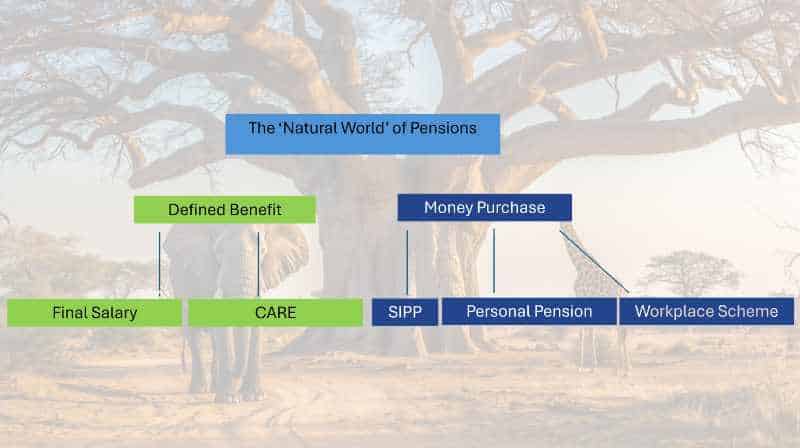
Clusters of Greatness in Sport
Take golf, for example. Many of the game’s greats have won multiple majors, but these victories often come within a short window.
Tiger Woods won 14 of his 15 majors between 1997 and 2008. Then came an 11-year drought before he secured his last (and probably final) major at the 2019 Masters.
Rory McIlroy won four majors from 2011 to 2014, and finally completed his career Grand Slam with the Masters win last month, 11 years later.
Jordan Spieth and Brooks Koepka followed similar paths. Spieth’s three major wins came in just over two years. Koepka collected five in six years.
All suggest performance peaks are rarely sustained over an entire career.
Football’s Dynasties: Brilliant but Brief
In English football, we’ve seen dominant clubs rise and fall:
- Liverpool reigned in the 1970s and 80s before fading in the 90s and early 2000s.
- Manchester United dominated the 1990s and early 2000s under Sir Alex Ferguson but have been a shadow of their former selves since.
- Chelsea won multiple titles after the Abramovich takeover in the 2000s, but have failed to compete with Manchester City and Liverpool since.
Just like in golf, success came in bursts, then gradually faded. This pattern is known in statistics as regression to the mean: the tendency for performance to return to average over time.
Hot Hand Fallacy
Basketball gives its name to a cognitive bias on this theme. It is widely believed that a basketball player who is going through a streak of successful scoring shots (a “hot hand”) is more likely to continue making successful scoring shots. However, statistical analysis has disproven this. While a player may look like he is of above-average shooting skill, this is to misunderstand random chance. In reality, he was enjoying a purple patch that is hard to discern from luck relative to his basketball playing peers.
A good way to think of it is of Wembley stadium full of people tossing a coin. Although we know the odds of it landing on heads is the same as landing on tails, given enough participants, a small sample will flick a barely believable number of consecutive heads (or tails). The probability of throwing a head or tail is the same (2:1), but it doesn’t mean the sequence will be equal.
Active Fund Managers: Short-Term Stars
The investment world is no different. Active fund managers may outperform for a year or two, but most can’t keep it up. The temptation to follow recent winners can be strong, but it’s often a poor decision in the long run.
This is backed by the S&P Indices Versus Active (SPIVA) Scorecards, which track how active managers perform against their benchmarks.
What the SPIVA Reports Say
According to a summary by The Evidence-Based Investor:
- 98% of euro-denominated global equity funds underperformed the S&P Global 1200 over 10 years to June 2023.
- 95% of euro-denominated US equity funds underperformed the S&P 500 in the same period.
- 72% of UK equity funds failed to beat their benchmark over a decade.
Put simply, active fund managers struggle to beat the market, especially after fees are accounted for.
Consistency Is Scarce
The SPIVA Persistence Scorecard adds another layer. It shows that funds performing well in one year rarely remain in the top quartile in subsequent years. Like football teams and golfers, fund managers find it hard to stay on top.
The Cost of Chasing Stars
Active management costs more. You pay for research, trading, and fund manager expertise. If that doesn’t lead to better returns, which the evidence shows it usually doesn’t, you’re paying more to get less. It can also end painfully, just ask investors who followed Neil Woodford.
By contrast, passive index funds charge lower fees and simply track a market index. They don’t try to win, they just aim not to lose. Over time, this approach tends to leave more money in your pocket.
Key Takeaways: What Sport Can Teach Investors
- Success is often temporary. Greatness comes in bursts in sport and investing.
- Reversion to the mean is real. Yesterday’s winner is rarely tomorrow’s.
- Past performance is not a reliable guide. Don’t be dazzled by short-term outperformance.
- Costs matter. In uncertain markets, controlling fees is essential.
Play the Long Game
You don’t need to find the next investment genius. What you need is a solid, consistent strategy that doesn’t rely on guessing the next big winner. Index investing might not be glamorous, but it’s dependable and cost-effective.
Photo by Harry Walsh on Unsplash






